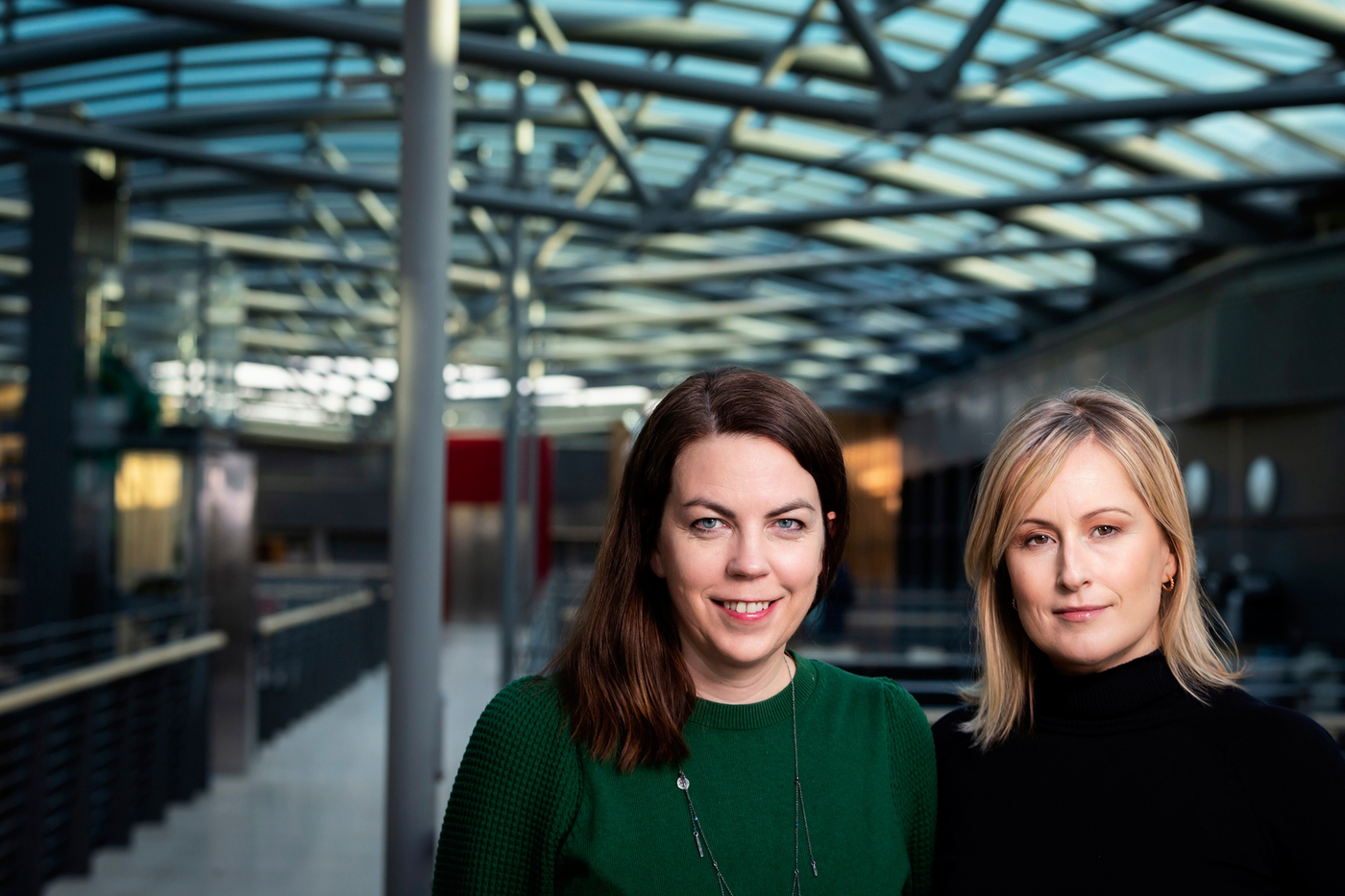The over 30 thousand women participated in the Saga Cohort study from March 2018 till June 2019 can now participate in a follow-up data collection by answering a new questionnaire on trauma history, lifestyle and health. The SAGA cohort is unique globally, and the first part has already yielded very interesting results on the frequency of various trauma and how they are associated with women's health in Iceland.
The Saga Cohort is a research study at the University of Iceland and the largest of its kind worldwide. Around 30% of Icelandic women between 18 and 69 took part in the first phase of the study. The women answered a comprehensive questionnaire on various traumas in various stages during their lives, mental health symptoms, and health in adulthood. Research findings from the first phase of the research have been introduced in various scientific articles published in prestigious international academic journals. The results have confirmed the high percentage of various traumas, including violence, among Icelandic women and a strong correlation between trauma and psychological and mental health issues.
"The results from the first phase of the research indicate that childhood trauma and the high frequency of harassment and violence among young women, e.g. in the workplace or in school, can have tremendous impact on both women's mental and physical health in adulthood," says Unnur Anna Valdimarsdóttir, professor and principal investigator of the SAGA Cohort. She adds that it is vital to follow through on these results and examine the long-term health effects of traumas.
"We have shed light on the connection between childhood traumas and premenstrual syndrome so it was important to us to study the links to other hidden health issues that women may experience later in life, for example during menopause.
The Saga Cohort is a long-term research project and the women who took part in the first phase can now take part in the follow-up study and answer new questionnaires. The aim of the follow-up study is to further explore the impact of traumas on women's health, focusing on various aftermaths of traumas, responses, and coping mechanisms after traumas, current lifestyles and well-being, and the use and need for healthcare services.
"In this part of the research, we will delve deeper into circumstances in childhood and adolescence, responses and coping mechanisms after traumas, and various factors related to women's health. This mapping is crucial to understand how we can better support trauma survivors," says Arna Hauksdóttir, professor and one of the principal investigators of the SAGA Cohort.
Further information on the research project can be found on the Cohort's website.




